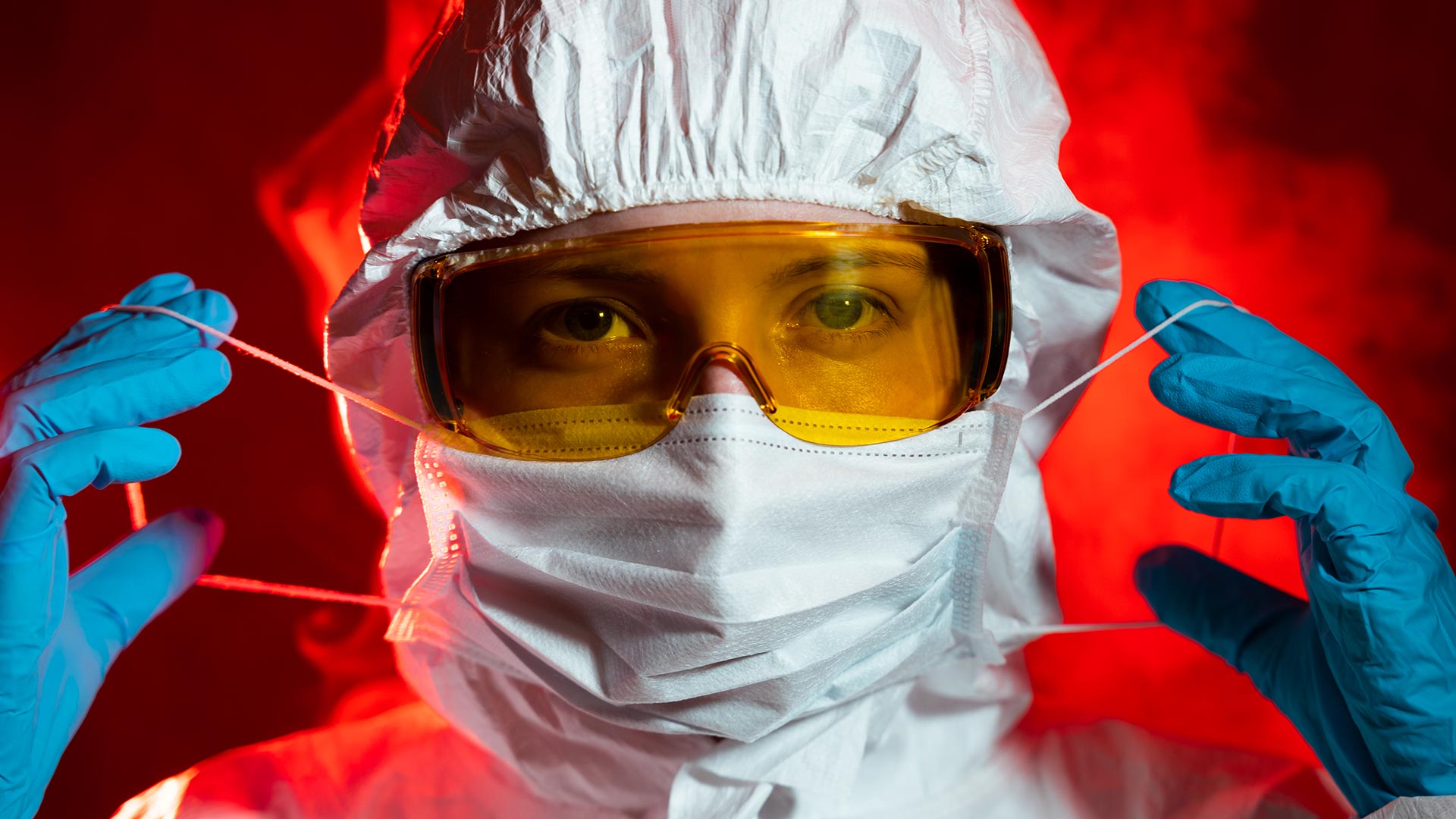Guidelines for
COVID-19 infection prevention
In Immunosuppressed individuals | Patients on Chemotherapy | Post-Transplant Patients
As the rise in COVID-19 cases picks up momentum, many high-risk individuals are being advised by medical professionals to take strict caution. For them, the virus which keeps mutating and evolving is potentially more deadly and life-threatening. These high-risk individuals can be categorized into three groups. Immunosuppressed individuals, patients on chemotherapy, and post-transplant patients - all three of which have weakened immune systems to combat the virus effectively.
Guidelines to be followed to Protect themselves and lower the risk of contraction
Immuno suppressed Individuals
With inoculation underway, it still isn’t clear how immunosuppressed people would react to the vaccine just yet. This is because this category of people was not included in the vaccination test drive. However, if immunosuppressed individuals still do decide to get vaccinated as per their medical expert’s recommendation, there are still a few guidelines they should follow in letter and spirit.
Prevention
- Wear a face mask at all times, indoors and outdoors, and observe social distancing – at least 6 feet or more
- Wash hands frequently for 20 seconds and use a sanitizer to disinfect
- Sanitize and disinfect surfaces that come into frequent contact with people, such as doorknobs, countertops, and banknotes
- Refrain from engaging in large gatherings or in spaces that may be small and compact
- Work from home instead of going to the office
- Avoid sharing the same utensils with others
Patients on Chemotherapy
Patients undergoing chemotherapy for cancer are at a higher risk of facing severe symptoms of COVID-19 that can lead to death. For them, preventive measures are a must.
Prevention
- Wear a face mask and observe social distancing
- Wash hands with soap and water frequently
- Avoid non-essential travel and large gatherings – if needed, keep trips to the grocery store or pharmacy brief – you can opt for delivery services or ask someone to run errands for you instead as well
- Sanitize surfaces that are commonly touched
- Make sure people around you observe guidelines and wear masks
- Discuss your ongoing treatment options with your doctor via a phone call before making a visit to the hospital
Post-Transplant Patients
Patients who have recently or previously undergone transplant surgeries are more susceptible to bacterial and viral infections. The time their body may take to heal varies, and during this period and it is important to stay safe and protected from potential viral infections. In this regard, COVID-19 prevention measures are as follows.
Prevention
- Wear a face mask at all times and maintain social distancing measures
- Wash and sanitize your hands frequently and avoid touching your face, nose, eyes, or mouth
- Make sure to keep essential medications for at least one month
- Stay in touch with your doctor in case of any emergency and opt for frequent lab draws
- Keep windows open and ensure air circulation is adequate inside your home
- Avoid going to public places doing peak hours



